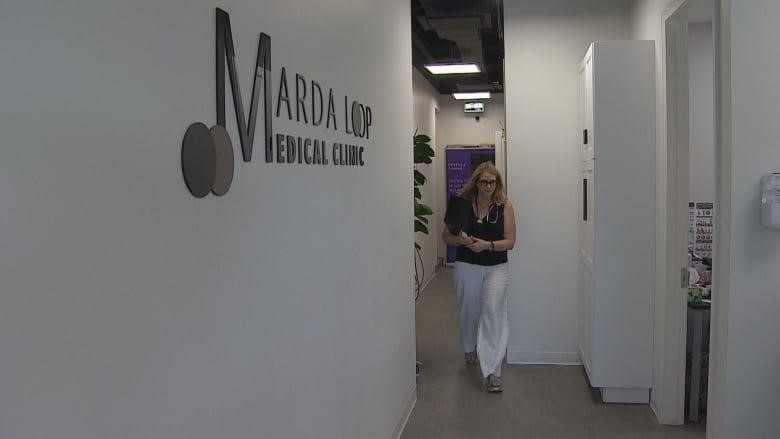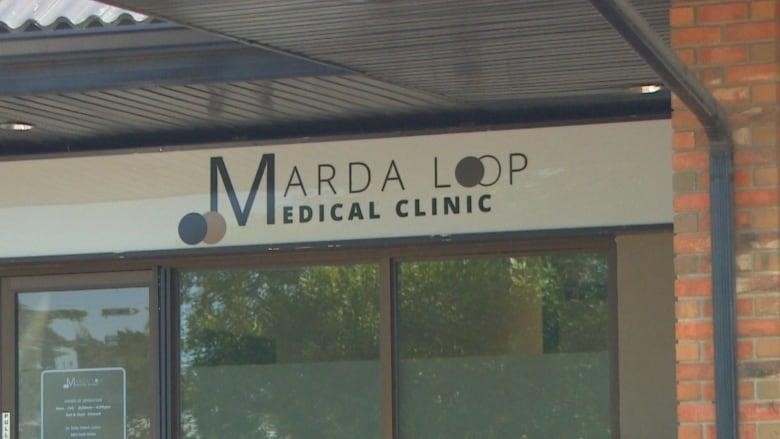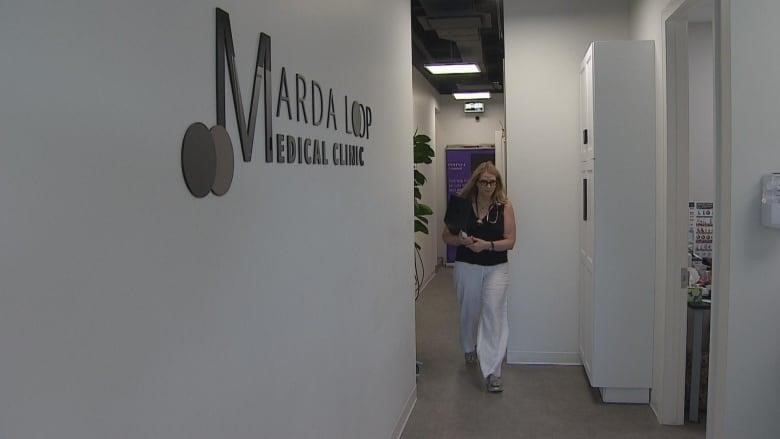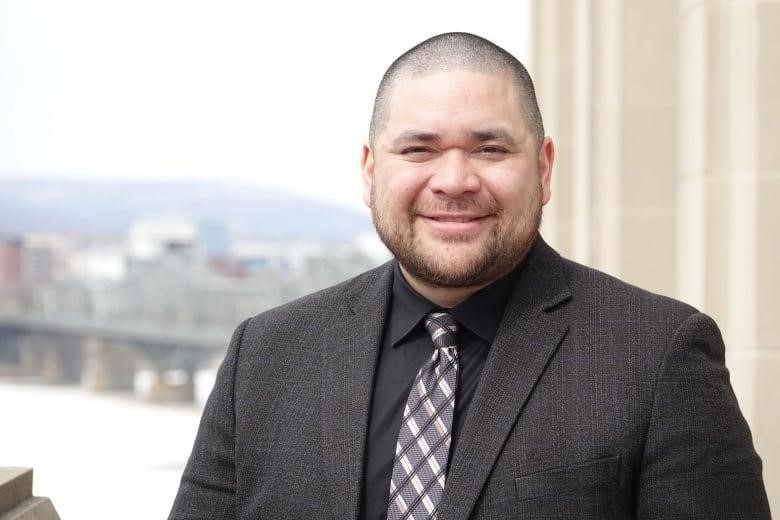
CBC News said on Monday that a Calgary clinic wanted almost $5,000 a year for a membership for two parents
Health Canada says it has written to Alberta officials to let them know that a Calgary clinic’s policy of letting patients “buy preferential access” is against the Canada Health Act.
In an email, a government department said, “We are working together with the province of Alberta to make sure that the clinic’s patients continue to get medically necessary services for free.”
On Monday, CBC News said that a Calgary clinic had told its members that it would be switching to a membership model.
The price for a two-parent family membership, which includes two adults and their dependent children, was given to CBC News as $4,800 per year.
One membership costs $2,400 per year and covers an adult and their dependent children. Another membership costs $2,200 per year and covers just one adult.
Health Canada said in the statement that Canadians should be able to get primary health care based on their medical needs, not on their ability or willingness to pay.
“The Government of Canada does not support a two-tiered health care system where patients may choose or be required to pay membership fees to access insured primary care services at clinics or to get faster access to these services,” the statement says.
Under the Canada Health Act, membership fees at private clinics are considered patient charges and raise concerns about the act’s requirement for accessibility, say officials.
In the statement, it says, “We are working together with the province of Alberta to make sure that the clinic’s patients continue to get medically necessary services for free.”

Other clinics across Canad
The Marda Loop clinic is not the only one in Calgary or Canada that has membership programs like this.
In 2022, researchers from Dalhousie University and Simon Fraser University put out a paper that counted the number of clinics across the country that took private payments.
At the time of the analysis, between November 2019 and June 2020, there were 14 private clinics in Alberta with different membership fees and ways to pay privately.During the same time, there were 30 in Quebec and 24 in Ontario.
A federal health ministry spokesperson said that other clinics in Calgary and Alberta that charge membership fees could also expect a similar response in the future.
Under the Canada Health Act, patients can’t be charged for services that are “medically necessary” and are given in a hospital or by a doctor. If that happens, the federal government will take money back from provinces that let private health care providers do those things.
“It is not okay to charge a patient when they come in to see a doctor for the care you give them,” Fiona Clement, a professor at the University of Calgary who specializes in health policy and works in the department of community health sciences, told CBC News in the past.
“But these membership fees are being tried, and I think they’re kind of on the edge of what’s allowed.”
In its statement, Health Canada said that if there is proof of patient charges, federal payments to the province or territory for health care must be cut.
Alberta Health Minister Adriana LaGrange has been asked for a comment by CBC News.
Alberta NDP Leader Rachel Notley said in a statement before Health Canada’s announcement that the Marda Loop clinic’s decision “undermines the very values of public healthcare.”
“Public healthcare means that every Albertan, no matter how much money they have, gets the care they need, when they need it, and where they need it,” Notley wrote.
The owner of a clinic in Calgary says it’s hard to pay the bills
When contacted at her clinic on Tuesday, Dr. Sally Talbot-Jones, owner and manager of the Marda Loop Medical Clinic, said it took her a year to make the decision she did because she was having trouble paying her bills.
“We care about other people. We want to take care of people. But in the end, it doesn’t matter to the bank that you care,” she said. “And the patients were actually asking for options.”
Talbot-Jones said that because of this arrangement, she was able to help people who wanted to get access to more appointments.

In response to Health Canada’s statement, Talbot-Jones said that Calgary has a lot of private clinics, many of which may not be advertising.
“This doesn’t happen for the first time. “I just kind of told people about this at the wrong time, when they were upset,” she said.
Talbot-Jones said that her clinic shouldn’t be thought of as breaking the Canada Health Act because its clients get more than just health care there.
“I’m just giving extra time to those who need it,” she said.

The president of the Canadian Medical Association, Dr. Alika Lafontaine, said that giving different levels of access to health services based on a person’s ability to pay can hurt people who need care the most.
“However, we must also keep in mind that pay-out-of-pocket approaches become more common as our public health systems get worse, as we have seen all over the country,” Lafontaine said in a statement.
“Lack of investment, old incentives, and unhealthy work environments must be fixed if we want providers to stay committed to our public health systems and if we want to make sure that everyone who needs health services can get them.”
The College of Family Physicians of Canada responded to the clinic’s decision on social media.
“Charging patients for access goes against the principles of the Canada Health Act, but it shows how much pressure family doctors are under right now because of the crisis. “Continued investment in family medicine is important for making sure that patients can get care,” the college wrote.
WATCH | How do we make up for the lack of family doctors?
